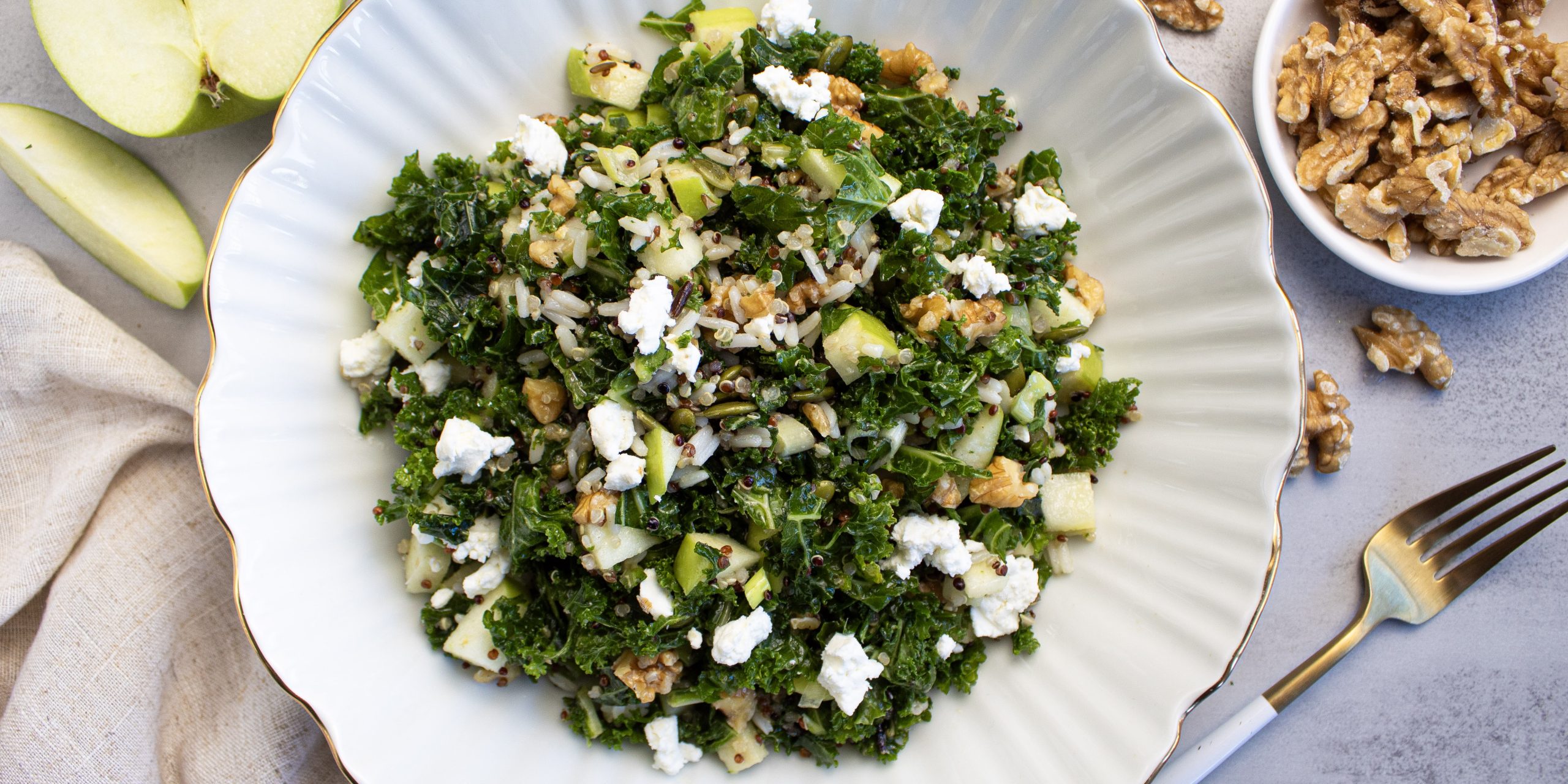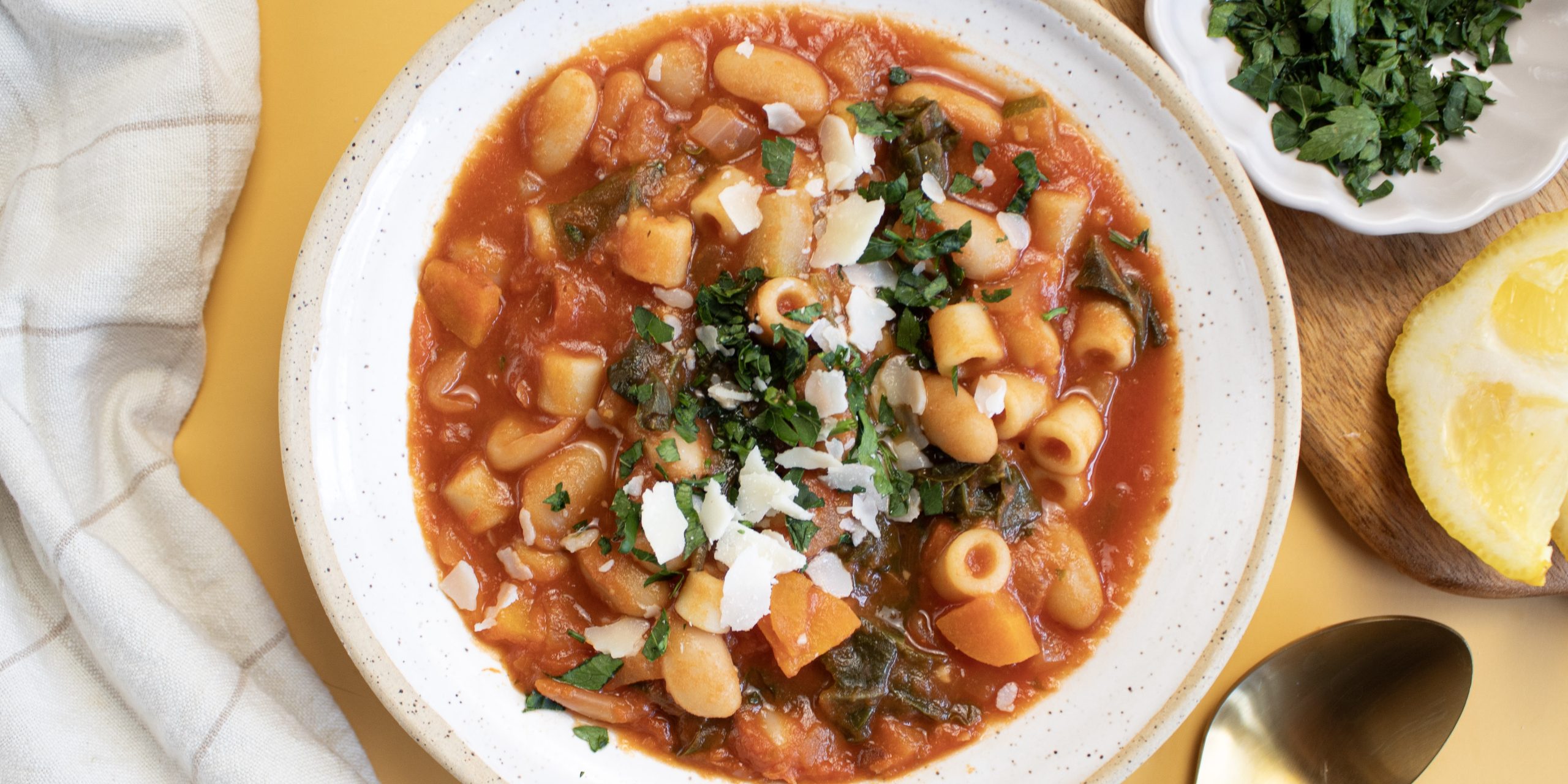Steamed Cauliflower Mash
This cauliflower mash recipe is a delicious diabetes-friendly alternative to mashed potatoes that can be made using only a handful of ingredients. Serve it alongside your choice of protein and vegetables.

Servings:
Why Diabetes Friendly?
- Low-carb alternative: Cauliflower mash is an excellent low-carbohydrate alternative to traditional mashed potatoes, making it ideal for managing blood sugar levels.
- High in fiber: Cauliflower is rich in dietary fiber, which can help slow the absorption of sugar into the bloodstream, further aiding in blood sugar control.
- Healthy fats: The olive oil in this recipe provides monounsaturated fats, which are beneficial for heart health and may improve insulin sensitivity.
- Probiotics: Greek yogurt adds a creamy texture and a dose of probiotics, which are good for gut health. Opting for a low-fat version keeps the overall fat content in check.
Advertisement
Equipment
- Microwave safe dish
- Food processor or blender
Ingredients
- cauliflower (cut into florets) 1 head
- garlic (minced) 3 cloves
- milk ¼ cup
- Greek yogurt 3 tbsp
- olive oil 1 tbsp
- salt ⅛ tsp
- pepper ⅛ tsp
Optional garnish
- chives
- parsley
- green onion
Advertisement
Cooking Tips
- Achieving smoothness: For an extra smooth and creamy texture, make sure the cauliflower is well-steamed and tender before blending. Adding a bit more milk or yogurt can also help achieve the desired consistency.
- Flavor variations: Feel free to experiment with different herbs and spices to suit your taste. Nutmeg, thyme, or rosemary can add a unique flavor twist to the mash.
- Reducing garlic potency: If you're sensitive to the strong flavor of raw garlic, you can sauté the minced garlic in the olive oil before adding it to the blender. This will mellow out the flavor.
- Microwave tips: When steaming cauliflower in the microwave, ensure the dish is covered loosely to prevent pressure from building up. This allows for even steaming and avoids overcooking.
Advertisement
Instructions
- Steam cauliflower florets in the microwave by placing them in a microwave-safe dish with a few tablespoons of water. Cover loosely to allow the steam to escape, and microwave for 3-5 minutes, or until cauliflower is tender. Alternatively, you can steam the cauliflower florets in a steamer for 10-15 minutes.1 head cauliflower
- Transfer the cauliflower to a food processor or blender. Add the garlic, milk, Greek yogurt, olive oil, salt, and pepper. Blend until smooth and creamy.3 cloves garlic, ¼ cup milk, 3 tbsp Greek yogurt, 1 tbsp olive oil, ⅛ tsp salt, ⅛ tsp pepper
- Transfer the cauliflower mash to a serving dish and garnish with chopped chives, parsley, or green onion, if desired.chives, parsley, green onion
Advertisement
FAQ
- Can I make this recipe dairy-free?
Yes, you can easily make this recipe dairy-free by substituting the milk with a plant-based alternative like almond or coconut milk and using a dairy-free yogurt or omitting the yogurt altogether. - Is cauliflower mash keto-friendly?
Absolutely, cauliflower mash is keto-friendly due to its low carbohydrate content. It's a popular side dish for those following a ketogenic diet. - How can I store leftover cauliflower mash?
Store any leftovers in an airtight container in the refrigerator for up to 3 days. Reheat in the microwave or on the stove, adding a little milk or water if necessary to maintain the creamy texture. - Can I use frozen cauliflower?
Yes, frozen cauliflower florets can be used for this recipe. There's no need to thaw them before cooking; just extend the steaming time slightly to ensure they're fully tender.
Advertisement
Nutrition
Per serving
Calories: 86.4kcal
Carbohydrates: 9.1g
Fiber: 2.9g
Sugar: 3.9g
Fat: 4.4g
Saturated Fat: 1g
Trans Fat:
Protein: 4.6g
Nutrition Facts
Steamed Cauliflower Mash
Serving Size
1 cup
Amount per Serving
Calories
86.4
% Daily Value*
Fat
4.4
g
7
%
Saturated Fat
1
g
6
%
Cholesterol
2.4
mg
1
%
Sodium
126.1
mg
5
%
Potassium
478.5
mg
14
%
Carbohydrates
9.1
g
3
%
Fiber
2.9
g
12
%
Sugar
3.9
g
4
%
Protein
4.6
g
9
%
Vitamin C
70
mg
85
%
Vitamin D
0.2
µg
1
%
Calcium
67.3
mg
7
%
Iron
0.7
mg
4
%
Magnesium
25.3
mg
6
%
Zinc
0.5
mg
3
%
* Percent Daily Values are based on a 2000 calorie diet.









Leave a Reply
You must be logged in to post a comment.